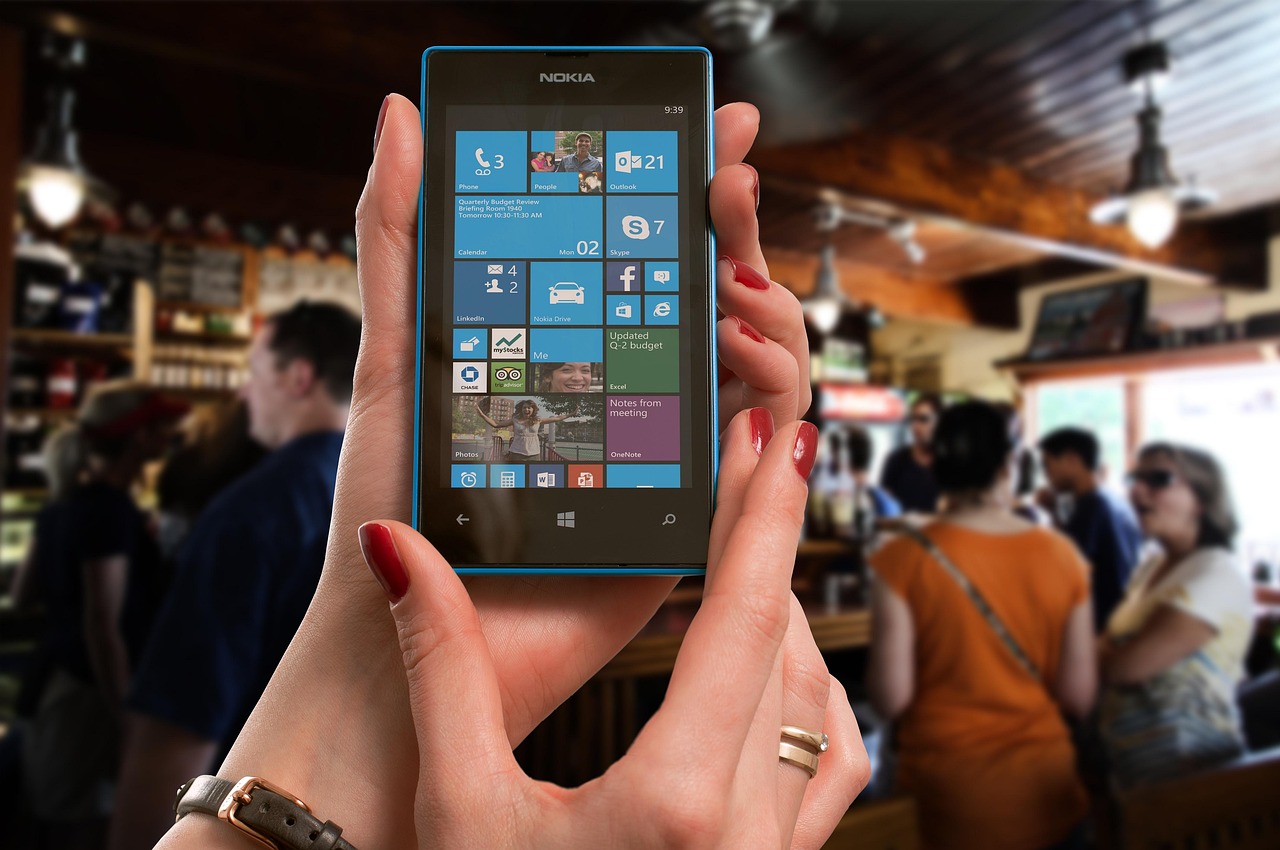在日常生活中,我们经常需要询问“还有什么”来获取更多信息或选择,在英语中,这个概念可以通过多种方式表达,每种方式都有其特定的语境和用途,本文将带你深入了解“还有什么的英语”表达方式,并提供实际应用的例子,帮助你在不同场合下更自然、更准确地使用这些表达。
“还有什么”最基本的英语表达是“What else?”,这个短语简单直接,适用于多种场合,无论是在餐厅点餐、购物询问商品,还是在会议中寻求更多意见。
实例:
餐厅点餐: “I'll have a pizza and a salad. What else do you recommend?”
购物: “I'm looking for a new phone. What else do you have in this price range?”
会议: “We've discussed the marketing strategy. What else should we consider for the project?”
2. 礼貌询问:“What other options are there?”
在需要表现出礼貌和尊重时,可以使用“What other options are there?”这个表达,它不仅询问了“还有什么”,还暗示了对其他可能性的开放态度。
实例:
工作面试: “I've heard about the software development position. What other options are there for someone with my skillset?”
学校咨询: “I'm interested in the biology program. What other options are there for students who want to study life sciences?”
3. 寻求更多信息:“Is there anything else I should know?”
这个表达方式不仅询问了“还有什么”,还表明了你对全面信息的需求,这在商务沟通和客户服务中尤为重要。
实例:

商务会议: “We've covered the main points of the contract. Is there anything else I should know before we sign?”
客户服务: “You've explained the features of the product. Is there anything else I should know about the warranty?”
4. 强调选择:“What are my other choices?”
当你想要强调选择的多样性时,可以使用“What are my other choices?”这个表达,它直接询问了除了已经讨论的选项之外,还有哪些其他选择。
实例:
旅行规划: “I'm considering Paris for my vacation. What are my other choices for a European city trip?”
职业发展: “I've been offered a promotion in my current department. What are my other choices for career advancement within the company?”
5. 表达好奇:“What else is there to see/do?”
这个表达方式适用于旅游、活动或任何探索新事物的场合,它传达了你对更多体验的好奇和兴趣。
实例:
旅游: “We've visited the Eiffel Tower and the Louvre. What else is there to see in Paris?”
活动: “I've tried rock climbing and hiking. What else is there to do in this outdoor adventure park?”
6. 强调完整性:“What else do I need to consider?”
在需要确保没有遗漏任何重要事项时,可以使用这个表达,它强调了对完整性和全面性的重视。
实例:
项目管理: “We've discussed the budget and timeline. What else do I need to consider for the project's success?”
健康咨询: “I've been taking my medication regularly. What else do I need to consider for managing my diabetes effectively?”
7. 询问额外服务:“What else can you offer?”
在服务行业,这个表达方式可以帮助客户了解他们可以享受的额外服务或优惠。
实例:
酒店预订: “I've booked a room for two nights. What else can you offer for a longer stay?”
餐厅服务: “I've ordered the set menu. What else can you offer for dessert?”
8. 寻求补充信息:“What else have you got?”
这个表达方式适用于当你已经知道一些信息,但想要了解更多时。
实例:
购物: “I've seen the latest smartphones. What else have you got in terms of tech gadgets?”
研究: “I've read about the history of the pyramids. What else have you got on ancient civilizations?”
“还有什么的英语”表达方式多种多样,每种都有其特定的语境和用途,通过掌握这些表达,你将能够更有效地在英语交流中获取信息、表达需求和展现礼貌,语言的灵活性和适应性是沟通成功的关键,不断练习和应用这些表达,你将能够在各种情境下更加自信和流畅地使用英语。
希望这篇文章能帮助你更深入地理解“还有什么的英语”表达,并鼓励你在日常对话和专业场合中探索和使用这些表达,实践是提高语言技能的最佳方式,所以不要犹豫,开始尝试吧!